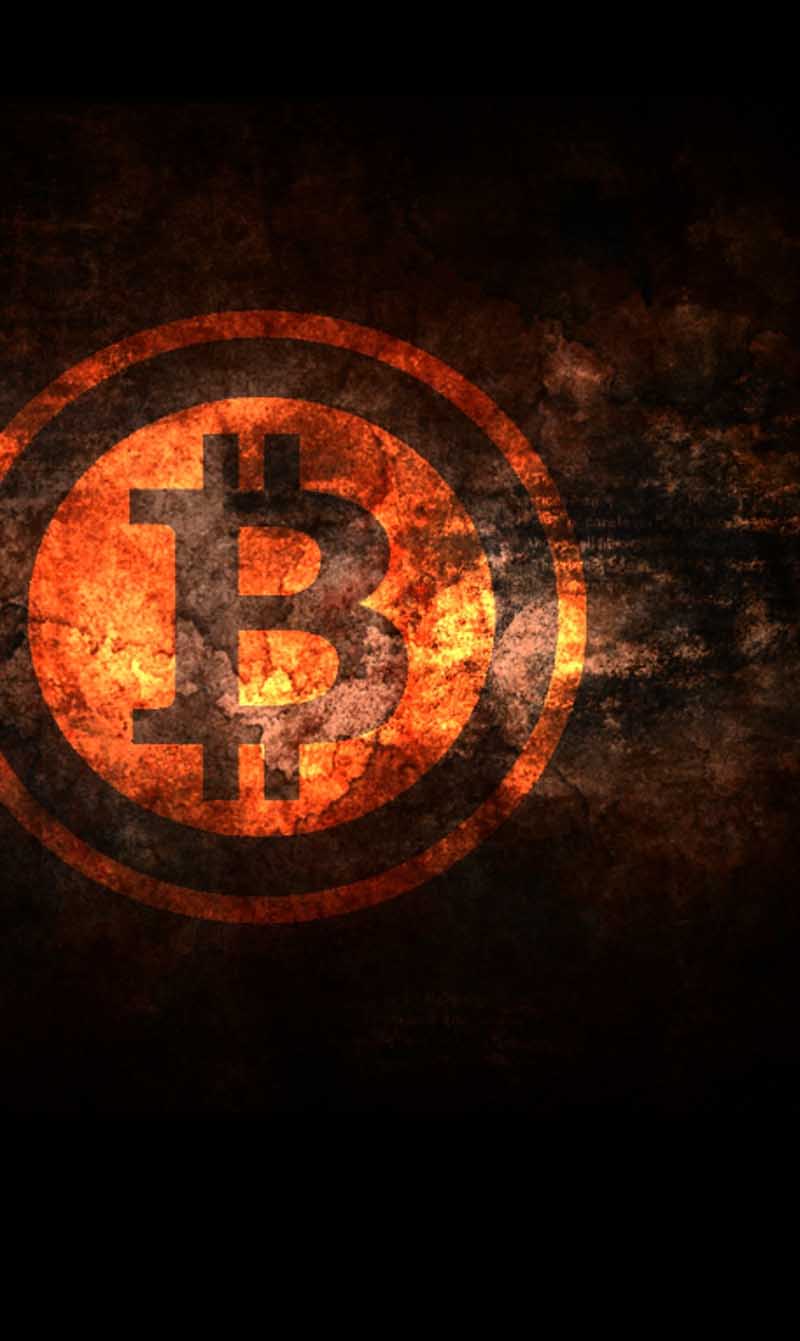Revolutionising Islamic finance
Blockchain technology has reshaped global financial services and Islamic finance has been no exception as the value proposition of blockchain technologies ensures security and transparency. Here, Mobasher Zein Kazmi writes on how blockchain based payments can revolutionise Islamic finance.
It goes without saying that blockchain technology has fundamentally transformed and reshaped global financial services. Discovery of new and potentially game-changing applications across the various functional areas within banking continues to drive innovation and change within the industry. Islamic finance has been no exception as the value proposition of blockchain technologies ensures security and transparency enabling shariah based contracts and transactions to maintain a high level of visibility and certainty.
Consider the opportunity to utilise ‘smart’ contracts that are operationalised only until specific conditionalities are met allowing Islamic financial institutions to benefit from a higher level of shariah compliance and integrity. From a shariah governance perspective this is nothing short of revolutionary as transaction structure, process and flow in the various stages of financial service delivery and operations consistently remains within the bounds of permissibility.
The blockchain and zakat
Enter the Malaysia-based International Centre for Education in Islamic Finance (INCEIF), which in collaboration with the International Federation of Red Cross and Red Crescent Societies and Irish fintech AidTech announced the pilot launch of an Islamic social financing application that leverages blockchain technology (source: The Edge Malaysia). While the efficacy of this new platform remains to be seen ensuring that zakat funds are being matched to deserving candidates, non-governmental organisations or social projects remains an ongoing concern.
The promise to zakat contributors from the blockchain is having complete visibility of the donation flow commencing from donor payment to disbursement of funds by recipient organisations. A key differentiator will be the social ‘scorecard’ application feature providing users the opportunity to evaluate and assess various projects in making a more informed zakat decision.
The role of crypto-currencies
An important consideration when powering zakat payments through the application of blockchain technology is the use of cryptocurrencies. From bitcoin, ripple and ethereum to its ‘halal’ equivalent OneGram and possibly HelloGold, cryptocurrencies of various kinds are being used by some Muslims to settle their outstanding zakat obligations.
Indonesia-based Islamic microfinance provider, Blossom Finance, is facilitating zakat payments through the blockchain for Muslims holding cryptocurrencies directing their funds to needy orphans in Sumatra and Central Java in Indonesia. Doubling down on the use of cryptos is the Turkish run Shacklewell Lane mosque’s decision of earlier this year to begin accepting cryptocurrencies as payments to the poor of the community in the United Kingdom (source: BTC Manager).
While recognising and appreciating the intent of the microfinance provider and the London mosque the permissibility of cryptocurrencies continues to remain under a great deal of scrutiny by scholars and industry practitioners alike. It is imperative that scholars and regulators provide specific guidance on the permissibility (or lack thereof) of cryptocurrencies. It will be interesting to see how Accounting and Auditing Organisation for Islamic Financial Institutions (AAOIFI) devises the appropriate standards governing its usage.
Examining crypto permissibility
As the linkage between cryptocurrencies and blockchain is fairly established formulating appropriate shariah equivalents is imperative for facilitating zakat based crypto payments. Theoretically, an important prerequisite for Islamic-based currencies is that they are asset backed and/or convertible to a precious commodity such as gold or silver. However, these Islamic alternatives will need to guarantee that:
- they do not assume an unjustified level of risk (maysir),
- are absent of elements of uncertainty (gharar),
- functions as an effective store of value, and
- will not be used for speculative or other prohibitive activities.
Given the above discerning Muslims will need to adjudge whether the use of any kind of cryptocurrency is an acceptable form of zakat payment and prudently wait until greater clarity on overall permissibility can be established. Respective shariah boards may also need to weigh in to assess the acceptability of each cryptocurrency on its own merits.
State sponsored digital payments
Perhaps, a forward thinking and innovative approach taken by Government of Dubai via its launch of EmCash in 2017 is a route that can be considered (source: Futurism). A state endorsed blockchain based digital currency can provide the requisite legitimacy that existing cryptocurrencies lack in terms of legal tender status.
More importantly regulatory safeguards and supervision will be in place to prevent currency manipulation as well as ‘hot-money’ speculation and ensure the country’s macro-economic stability, and monetary policy isn’t put at any risk, or is being undermined. Reaffirming that the underlying structure is shariah compliant and has the blessings of the apex shariah body of a particular jurisdiction is equally paramount.
The value to a user from a payment experience standpoint built on convenience, speed, cost and flexibility can’t be ruled out as customer interactions and engagements are increasingly becoming digital and online based. As the march towards building ‘smart’ economic and financial infrastructure continues to rollout it would be wise for progressive central banks across the Arab or Islamic world to consider the efficacy of introducing Islamic digital or cryptocurrencies.
In my view, these initiatives shouldn’t be left in the domain of the private sector and requires a hands-on approach by the state. The recent Chinese experience of applying stringent regulatory restrictions on Initial Coin Offerings (ICOs) while encouraging the study of blockchain-based technologies within the realm of payments via the People’s Bank of China’s Digital Currency Research Lab is worth emulating. As a start imagine the seismic shift this will engender within the realm of zakat, sadaqah or waqf payments alone.
About the author
Mobasher Zein Kazmi (MBA, CDIF) is an Islamic banking thought leader and subject matter expert. He previously served as Consulting Director – Asia for global financial services intelligence firm, RFi Group, and was Head of Research at strategic intelligence provider, The Asian Banker. Mobasher has an extensive publication record and written on numerous Islamic banking and finance topics, for a range of media publications in the GCC as well as Southeast Asia.
___________________
More on Islamic finance, in particular shariah-compliant investment opportunities in India during WIEF-UEF Chennai Roundtable 2018 at Hotel ITC Grand Chola, Chennai in India, on 10 Nov 2018. Register your interest and programme details, here.
Photo by geralt from Pixabay

